What our sport needs now is transparency, education, pathways to rehabilitation, and, yes, empathy.
Our riders today reflect what they were taught to be. We see how culture, media, and generational influences affect our actions, and we have started to address these generational issues. Why would we expect anything different in a high-pressure sport?
The grassroots need to trust the highest levels of the sport, or it won’t survive. There are still good people at the top—we just need to identify and support them.
Transparency: The last thing we need is more NDAs, secretive practices, and restricted training environments. Such actions suggest we have something to hide. We need open training sessions, panels, discussions, and conversations about past mistakes and how to move away from ineffective methods. If this means changing aspects of the sport for the welfare of all involved, so be it.
Education: We need to adopt new ways of doing business. This includes involving veterinarians, farriers, sports psychologists, biomechanics, and saddle fitters—professionals from various fields—to evaluate training methods, gear, medications, and horse welfare. Ongoing education should not be limited to traditional sources.
Pathways to Rehabilitation: There must be structured ways for individuals to rehabilitate themselves. This could include anger management, open farm inspections, volunteer work, and mandatory involvement with different organizations. If someone who has dedicated their life to this sport makes a few mistakes, they should have a chance to improve their methods. If they choose to take this opportunity, great; if not, we’ve at least made the effort. However, this process must include unbiased checks and balances. Without opportunities for rehabilitation, we risk maintaining a lack of transparency in the sport, which benefits no one.
Empathy: We need empathy for those who have lost their temper occasionally, and for everyone involved on the periphery—the grooms, trainers, students, owners, and partners—who may have seen issues but were afraid to speak out, or who are questioning what they missed.
What else do we need? Protection for whistleblowers. We must safeguard those who come forward, even if it takes longer than expected, as they may not have been in a position of power or may fear for their safety, the horses they care for, or their livelihood.
This issue requires a task force that extends beyond the US and the UK. Trainers and top-level riders worldwide need to be educated and rehabilitated, or they need to leave the industry. We need riders who want change, along with governing bodies, owners, vets, sponsors, and others, to work together to address these issues before it’s too late. We, as passionate supporters of the sport who care deeply about the horses, must also have a voice. After all, we contribute to the sport financially as well.

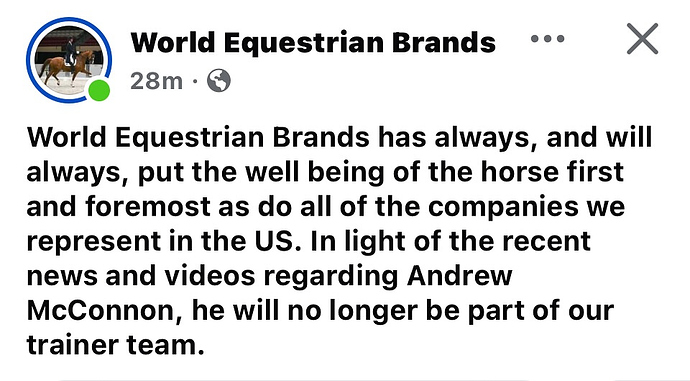
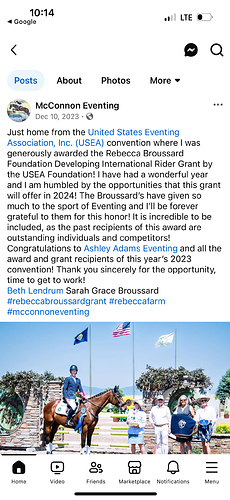
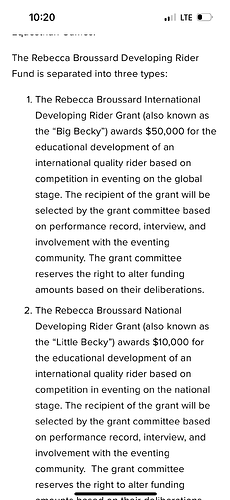
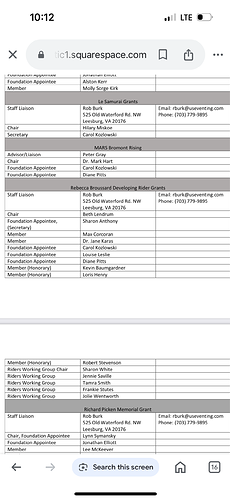
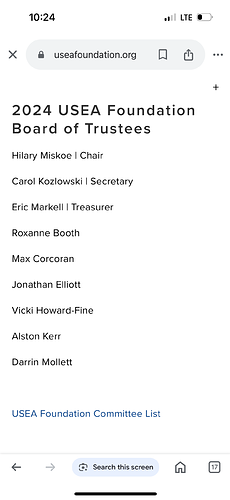

 There are MD, WV, and DE affiliates listing horses but no adoption/retraining program anymore in those areas. (Michigan, Kentucky, California, and I think Ohio are the only affiliates doing adoptions now, I think)
There are MD, WV, and DE affiliates listing horses but no adoption/retraining program anymore in those areas. (Michigan, Kentucky, California, and I think Ohio are the only affiliates doing adoptions now, I think)